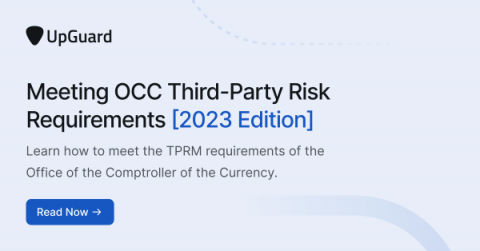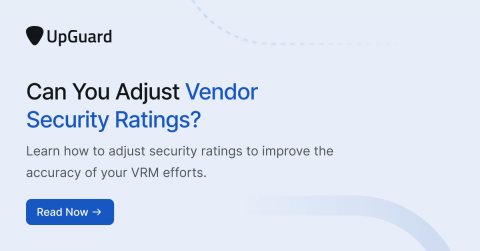Security | Threat Detection | Cyberattacks | DevSecOps | Compliance
Risk Management
How to Improve Your SOC's Cyber Vulnerability Awareness
The cybersecurity threat landscape is rapidly evolving as cloud computing, the Internet of Things (IoT), mobile devices, and remote work become more widely adopted. As a result, Security Operations Center (SOC) teams are increasingly overwhelmed. In addition to responding to cyber threats, teams must continuously identify emerging vulnerabilities and move quickly to apply and test patches and updates. A failure to do so significantly increases cyber risk. Consider the statistics.
How Ineffective Risk Management Led to the Collapse of Silicon Valley Bank
BitSight & RSA 2023: How Security Leaders Are Preparing for the "New Era" of Cybersecurity Disclosure
In response to the growing number of cyber incidents, policymakers and regulators around the world are creating new cybersecurity requirements for companies to comply with, including mandates to disclose cyber risks and incidents. For example, new cyber risk disclosure requirements from the U.S. Securities and Exchange Commission (SEC) are anticipated to be adopted in 2023 and would have a major impact on corporate cybersecurity initiatives.
Top Cybersecurity Tools to Keep Your Data Safe
Meeting OCC Third-party Risk Requirements [2023 Edition]
Can You Adjust Vendor Security Ratings?
Prepare for Zero-Day Threats in Your Supply Chain
Leading cybersecurity experts Major General John F. Wharton, (US Army ret); Oleg Strizhak, Shell’s Digital Supply Chain Risk Manager; and Sam Curry, the CISO of Zscaler, recently sat down with SecurityScorecard’s President of International Operations Matthew McKenna to discuss how organizations can prepare themselves and their supply chains for zero-day attacks as well as best practices for supply chain risk management.
Secure the Lifeblood of the American Economy
Small and medium-sized businesses account for 4.17 percent of private sector employees and almost half of the United States’ gross domestic product , yet—due to limited finances, resources, and staff—many have difficulties when it comes to supply chain management. Geopolitics, inflation, and worker shortages are just a few variables that can impact supply chains; 86% of SMB supply chains have already been or expect to be impacted by Russia’s war in Ukraine.







